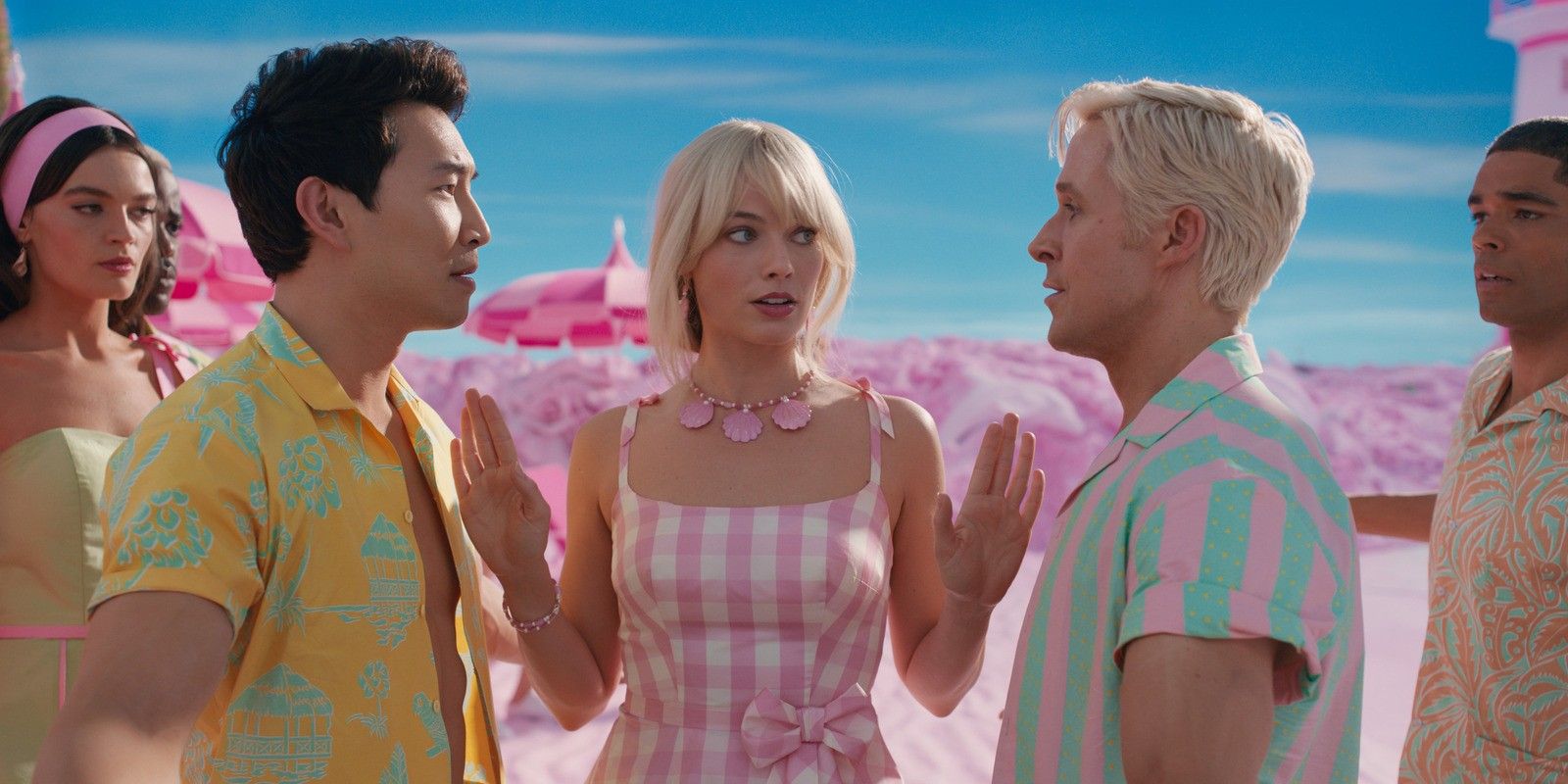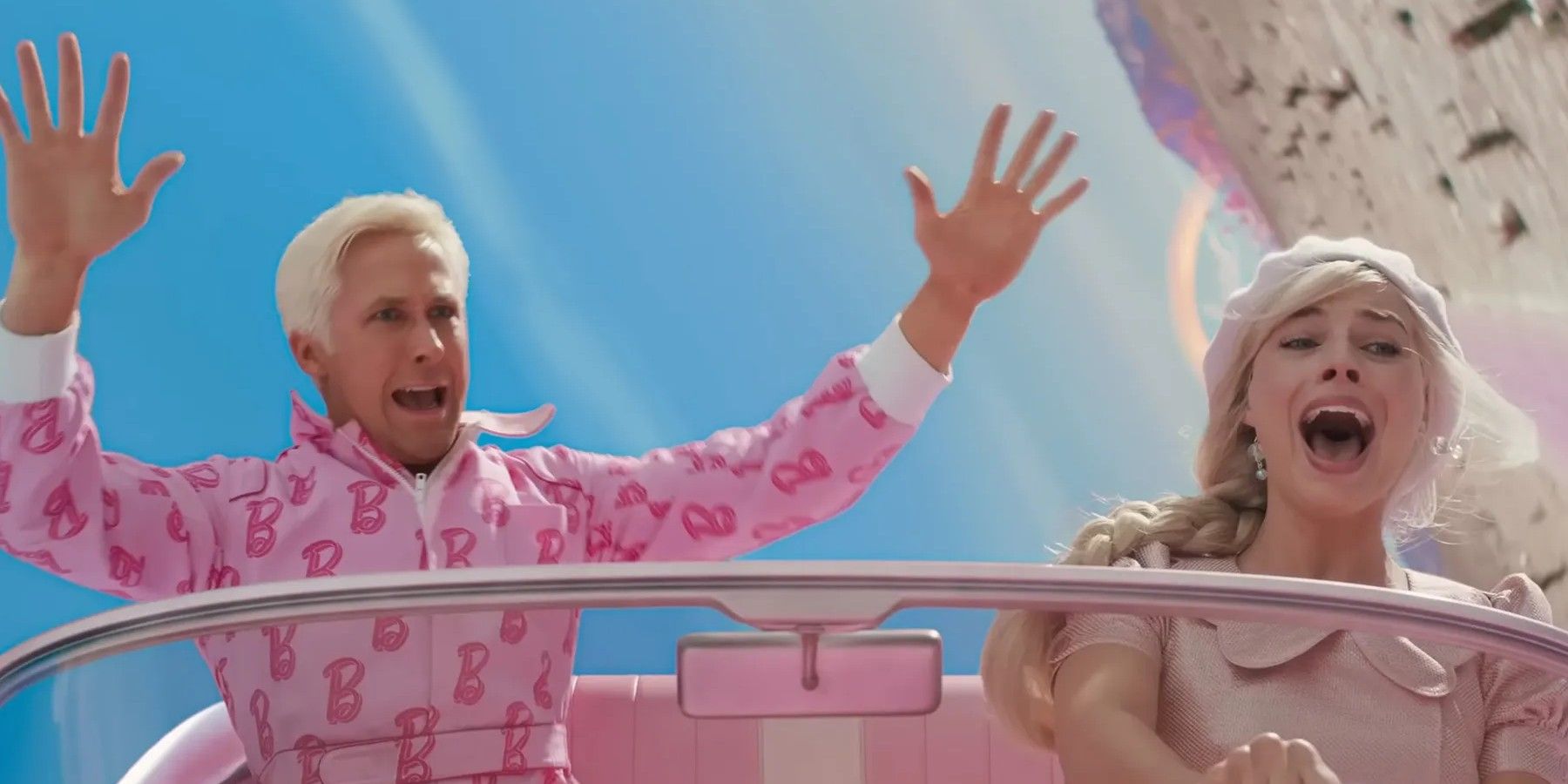
Warner Bros Unveils Controversial Barbie Movie Scene: The Coloring Controversy Explained

Warner Bros defends controversial Barbie movie scene that led to its ban in Vietnam, labeling it as a harmless child-like crayon drawing Discover the reasons behind the ban and the implications surrounding Barbie's presence in Vietnam
Warner Bros. has come forward to defend the Barbie moment that led to the movie being banned in Vietnam. The film stars Margot Robbie as Barbie and Ryan Gosling as Ken, as they venture out of Barbieland and into the real world. Directed by Greta Gerwig, Barbie is one of this year's highly anticipated movies. However, the comedy has faced controversy as it has already been prohibited in Vietnam due to a scene featuring the "nine-dash line."
In an interview with Variety, Warner Bros. provided an explanation for the controversial map and defended its inclusion in the film. The studio highlighted that the map was meant to be viewed from a child's perspective and should not be taken seriously. Here's what the spokesperson for Warner Bros. had to say:
“The map in Barbie Land features a whimsical crayon illustration, capturing Barbie's imaginary adventure from her magical realm to the 'real world.' It was not created with the intention of conveying any particular message."
Why Barbie Is Banned In Vietnam, Explained
In this particular scene, Barbie is seen standing before a "real world map" that displays the contentious nine-dash-line. This line, which depicts China's territorial claims in the South China Sea, segments approximately 90 percent of the region as its own. Yet, Vietnam also asserts its ownership over this land, as validated by an international ruling in 2016 that declared China's legal possession illegitimate. Nevertheless, China disputes this ruling and continues to fuel the ongoing dispute.
Vietnam's prohibition of Barbie is not the first time something like this has happened. Another example is Tom Holland's Uncharted, which was also banned in the country for depicting the nine-dash-line. The Philippines has also threatened to ban Barbie because they believe it undermines their sovereignty. Warner Bros. has clearly stated that the scene in question, a children's drawing in crayon, is not meant to provoke any political dispute.
It remains to be seen if the ban on Barbie will significantly impact the movie's success upon its release. Losing access to certain international markets could result in a lower worldwide box office revenue. However, domestically, Barbie is expected to perform well, so maybe the bans won't be a major concern. Warner Bros. seems determined to keep the scene in the film due to its innocent and cartoonish nature. Unless Vietnam takes the context into account, they may proceed with the ban at the movie's premiere later this month.
Source: Variety













